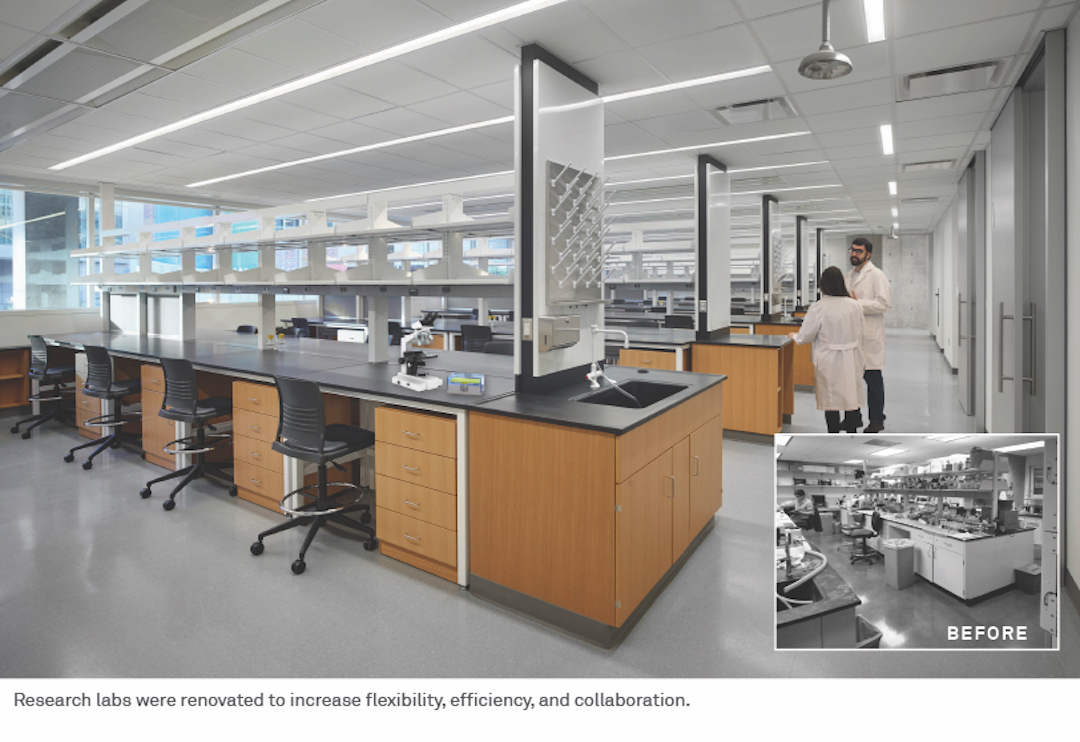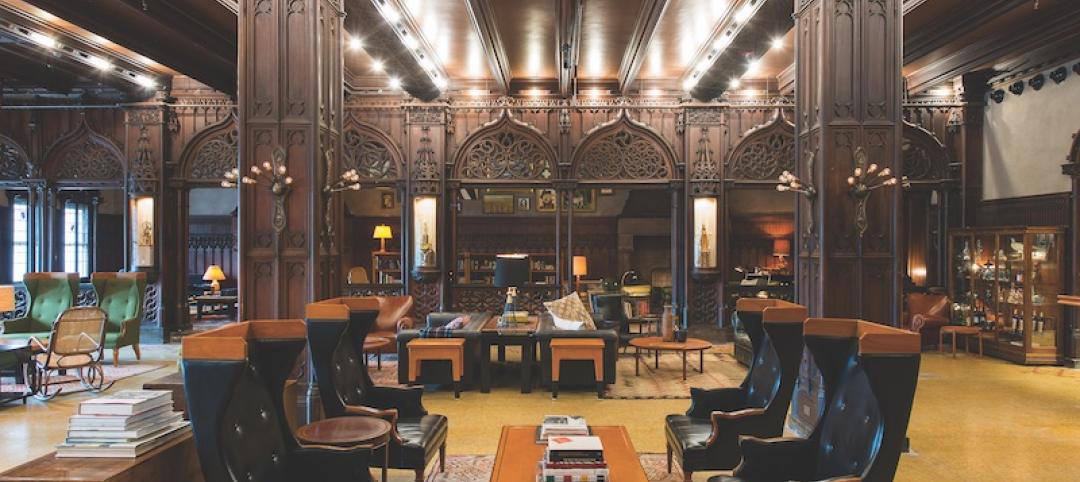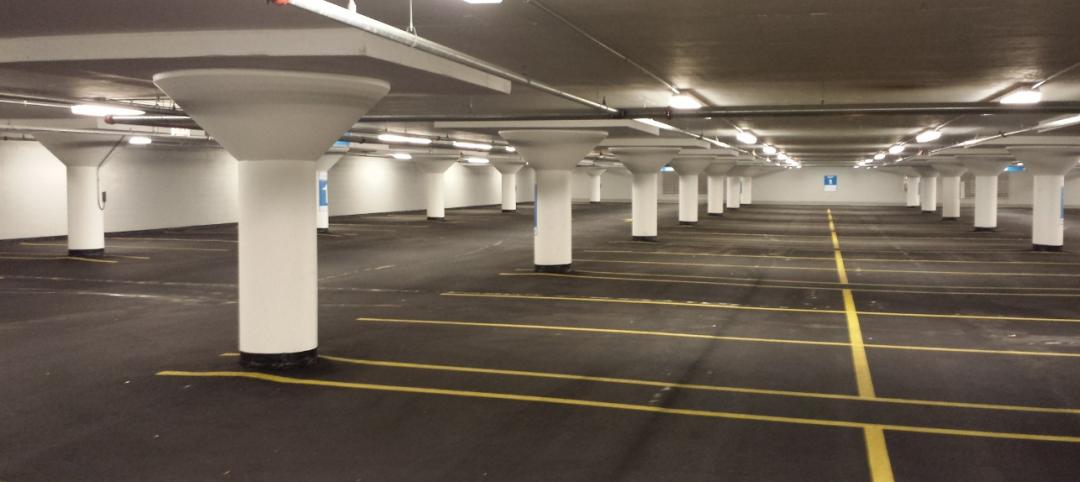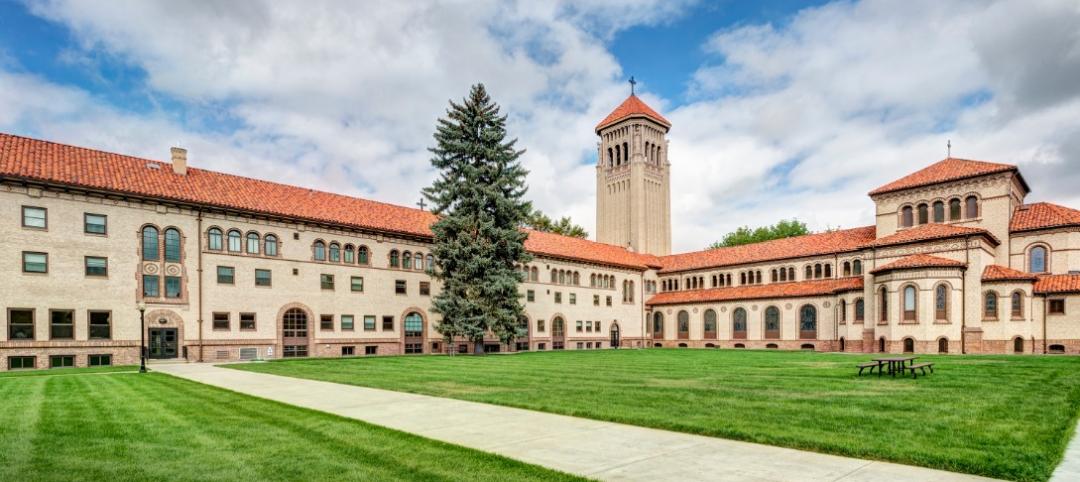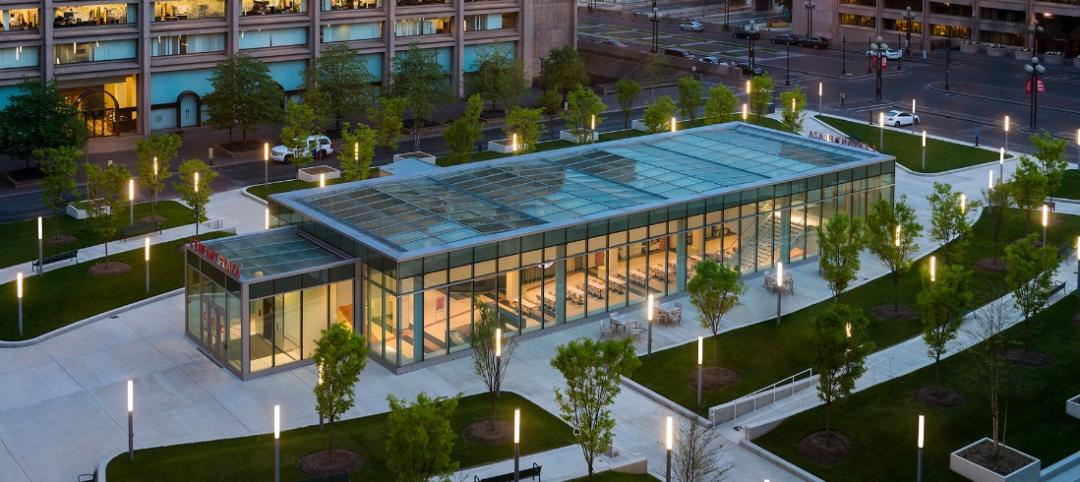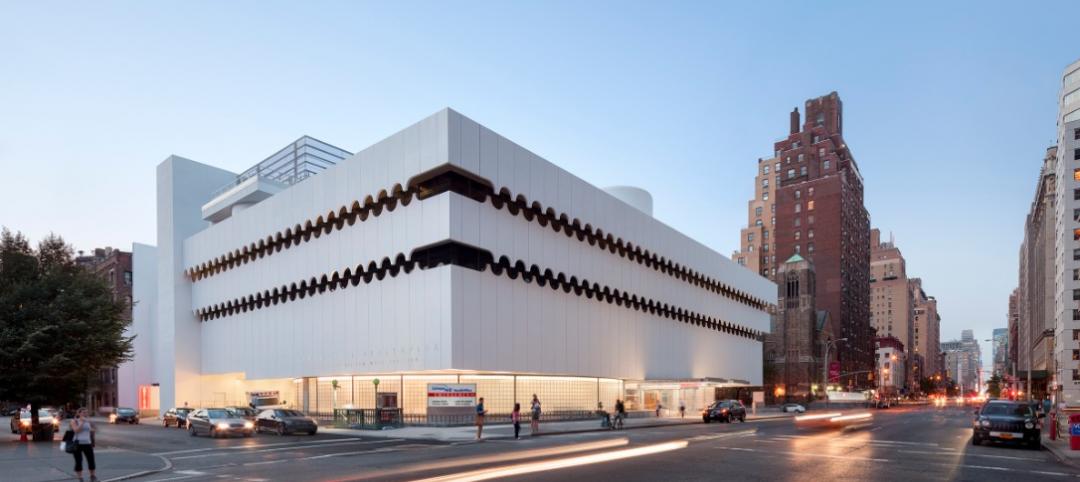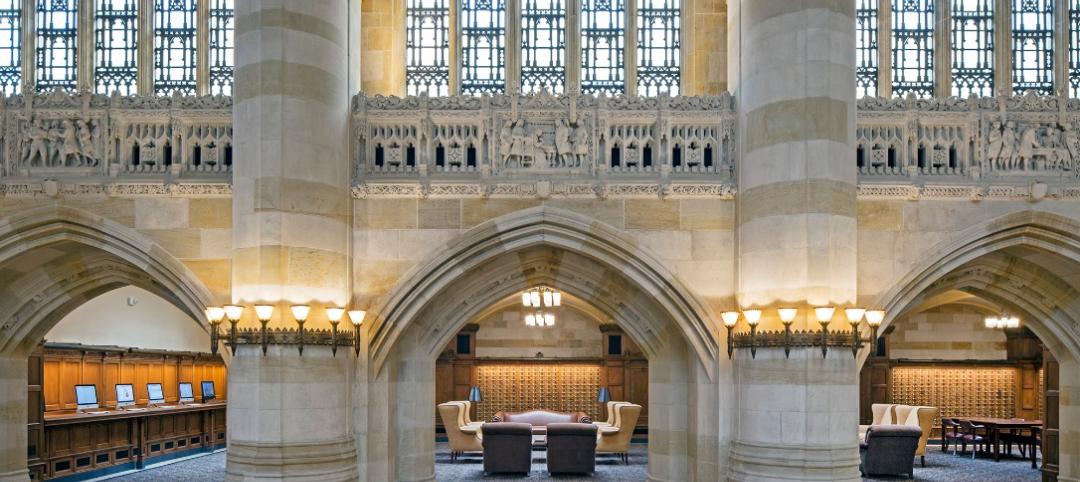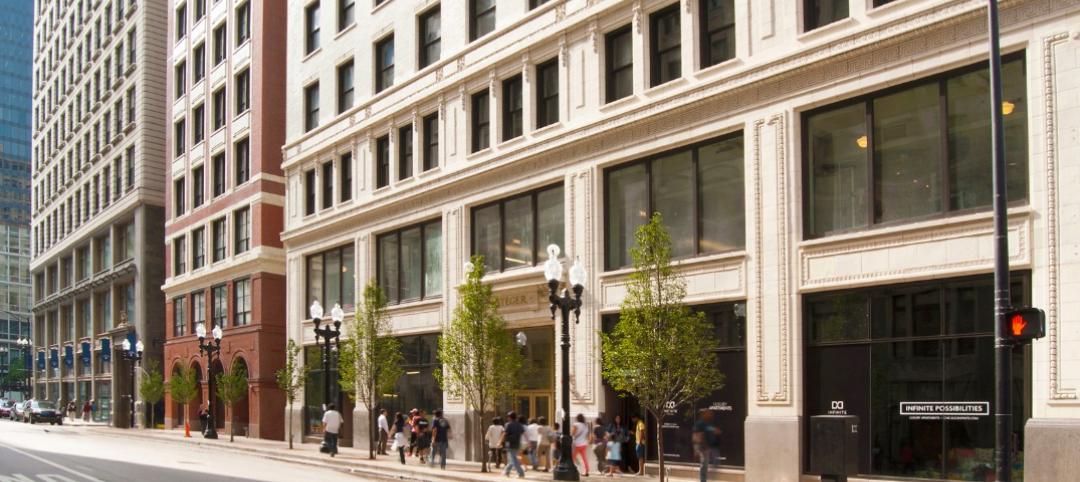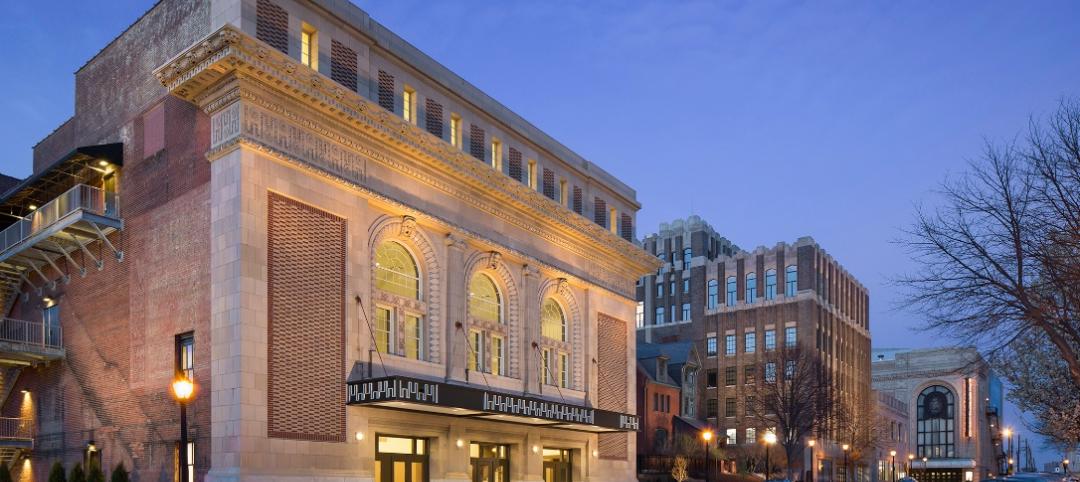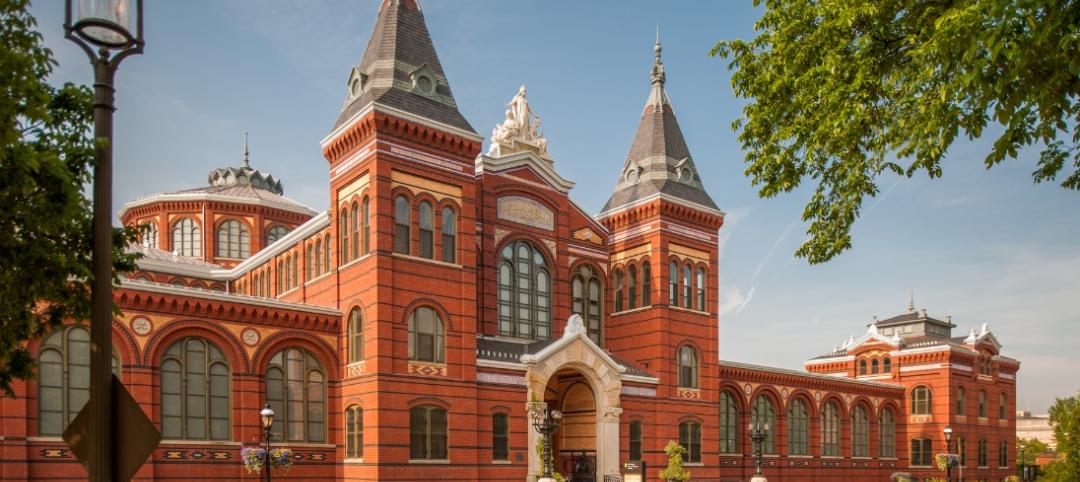Edward J. Stemmler Hall is an essential bridge that links the realms of education, discovery, and clinical practice for the University of Pennsylvania’s Perelman School of Medicine. The biomedical research and teaching facility, which was originally built in 1978, is located on the university’s campus at a critical juncture between academic, research, and healthcare facilities.
As a means of advancing the university’s Climate and Sustainability Action Plan, the school was considering a building systems-based retrofit of the 230,000-sf Stemmler Hall that would increase energy efficiency and renew building infrastructure.
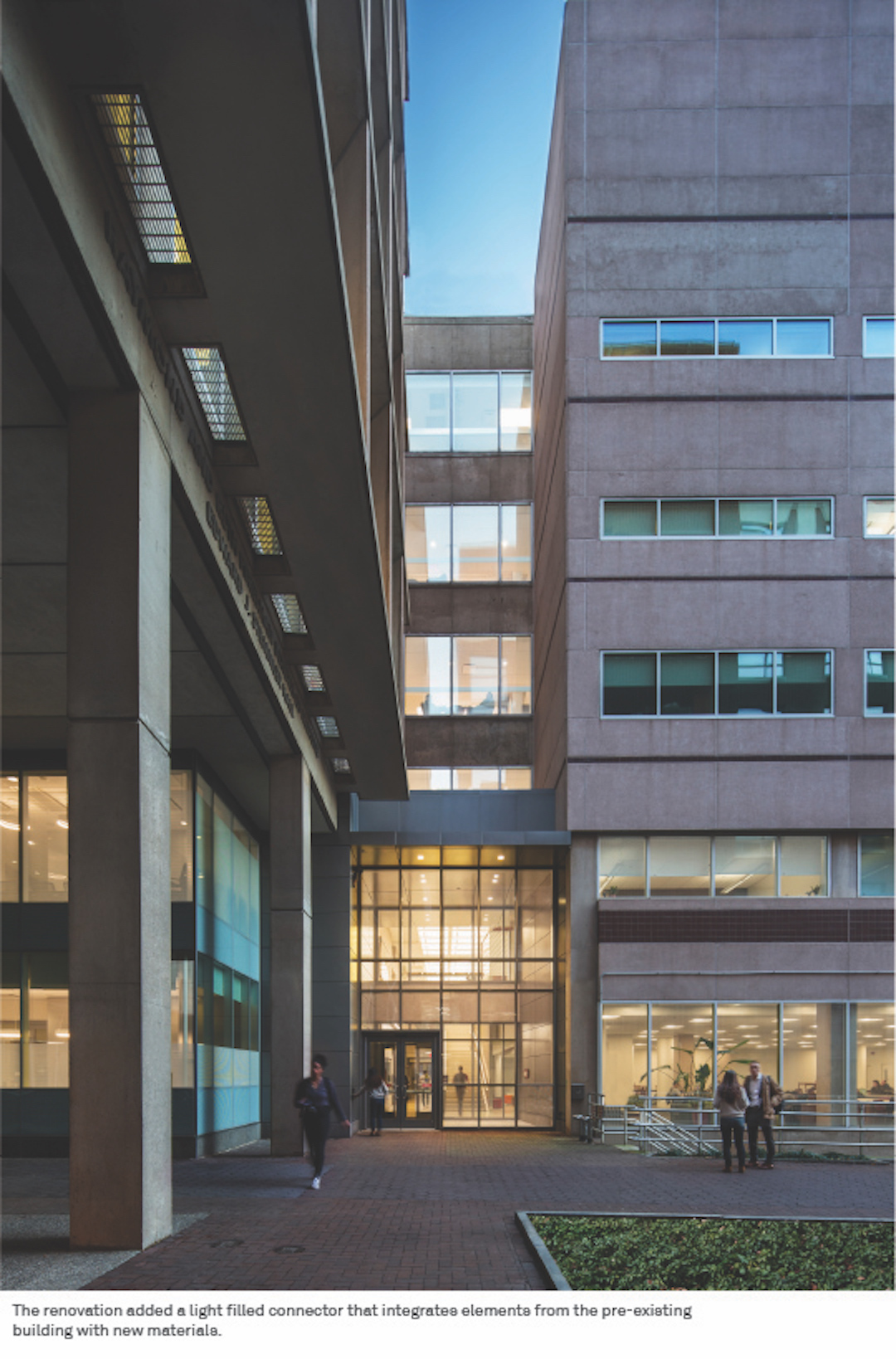
But after some discussion, Ballinger, the project architect, proposed a more holistic solution: a comprehensive renovation that would transform the building, providing new Class A laboratory space and replacing all building systems. The project sought to increase energy efficiency and deliver 102,000 sf of fully renovated research space.
Because of the building’s pivotal campus role, the facility needed to remain operational throughout construction, which posed logistical challenges related to accessing, assessing, and working within an occupied building.
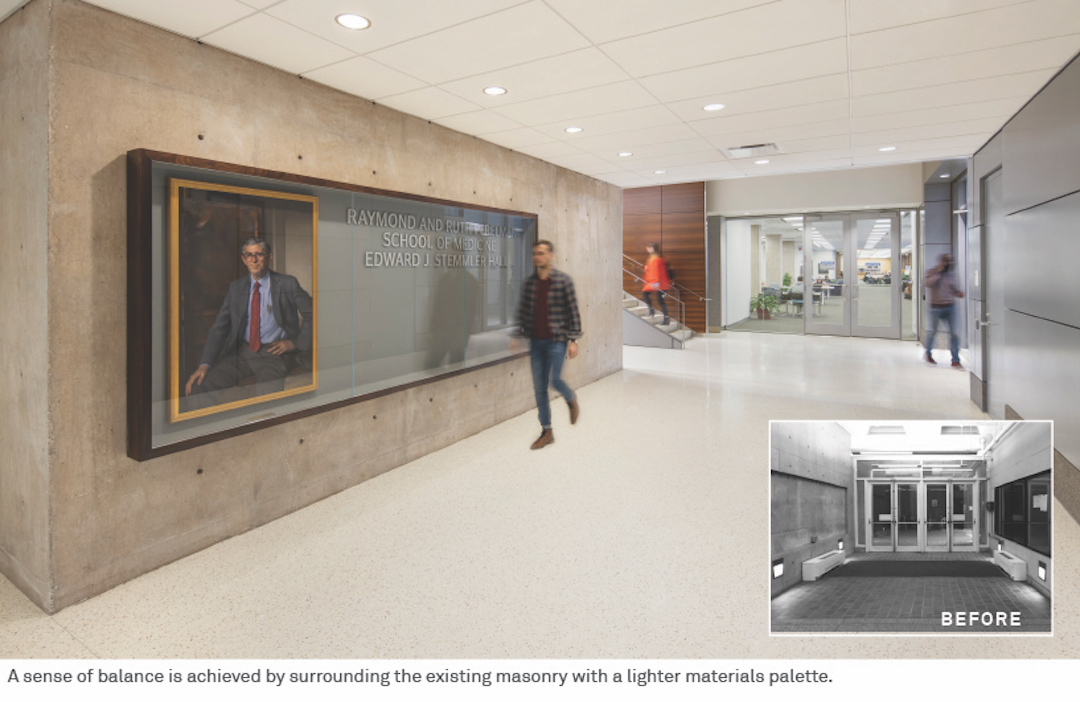
Construction was sequenced into three phases in order to maintain occupancy within the building:
Phase 0: Enabling Electrical and Tele/Data Infrastructure installed; temporary rooftop mechanical systems installed to maintain building operations
Phase 1: Renovate Levels B, G, 1, and 2; additional temporary mechanical systems installed to maintain building operations
Phase 2: Renovate Levels 3, 4, and 5; install permanent mechanical systems within renovated Penthouse
Occupant safety was assured by implementing open lines of communication. Project websites, weekly construction update emails, and town hall gatherings informed building users about progress, shutdown notices, and work schedules.
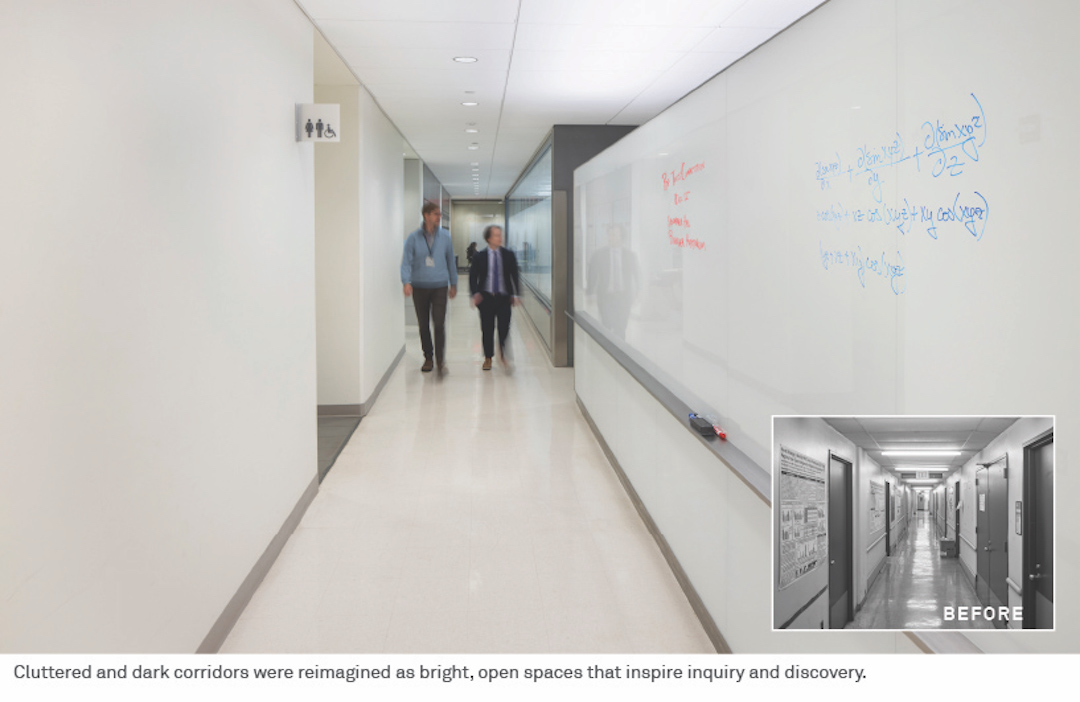
The build team drew upon Louis Kahn’s Richards Medical Research Laboratory, a landmark of the University of Pennsylvania’s design heritage, as a means of embedding the Stemmler Hall project within its context. Paying homage to this landmark, existing cast-in-place stair and elevator cores within Stemmler Hall were cleaned, restored, and highlighted as feature elements of the building. The concrete’s finish and texture serves as both a way-finding element and a unique component of the overall materials palette.
The renovation moved away from compartmentalized spaces and, instead, implemented an open lab concept that was critical to improving utilization within the existing floorplate. On the building’s lower levels, underutilized educational and administrative spaces were converted into revenue-generating research space.
A monumental stair improves campus flow and strengthens the connection between clinical practice and medical research, while an existing dark passageway beneath the building was reclaimed as a lobby that now acts as a connector to the surrounding buildings. Additional dark corridors were reimagined as bright, open spaces. At the building entry, a meandering series of public spaces were repurposed to better support student life.
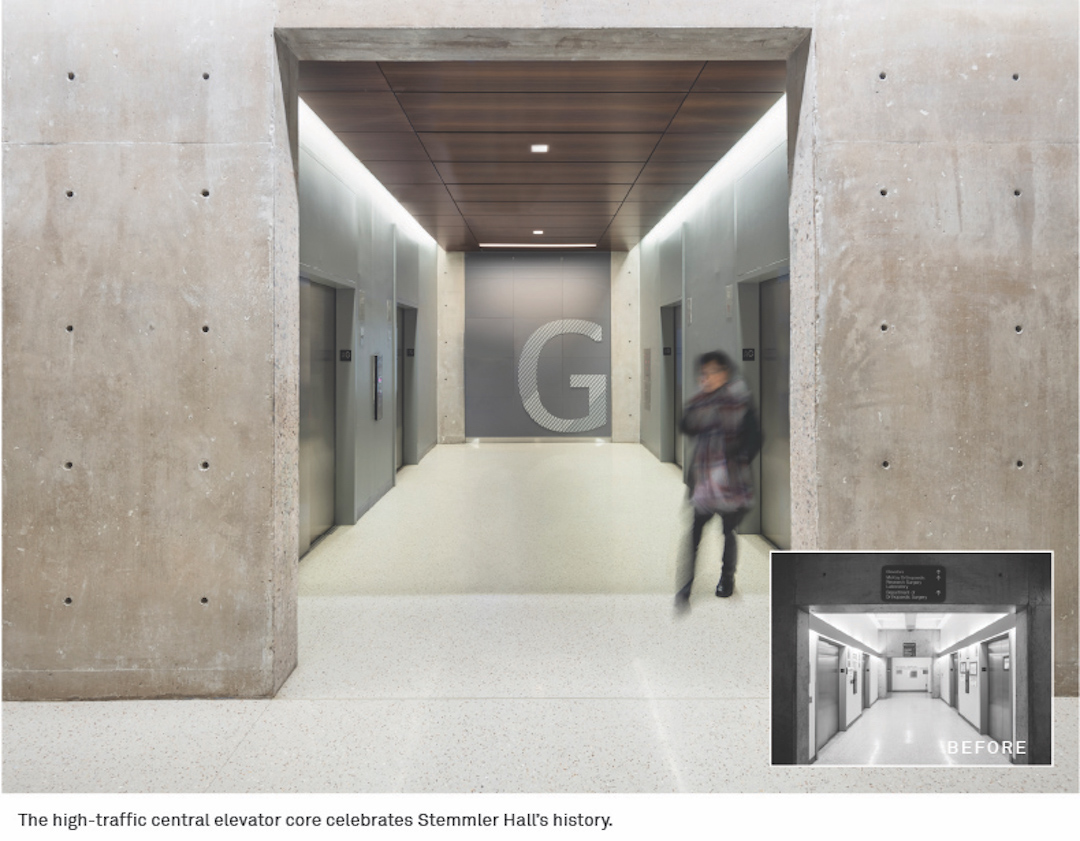
Deteriorated exterior insulation was replaced with foil-faced insulation, existing windows were replaced, a new insulated roof was installed, and existing pipes that had corroded over time were replaced.
The completed project delivered a 50% increase in lab workstation capacity, a 50% reduction in energy use, and $900,000 in projected annual energy cost savings. Stemmler Hall has become one of the most energy efficient research building’s on the University of Pennsylvania’s campus and is anticipated to obtain LEED Gold certification.
PROJECT INFORMATION: Size 230,000 sf Construction start and finish June 2015-January 2019 Cost Confidential at Client Request Delivery method Design/Bid/Build
BUILDING TEAM: Submitting firm Ballinger Owner/Developer University of Pennsylvania Architect Ballinger SE Ballinger MEP Ballinger Construction Manager Torcon, Inc.
Related Stories
Reconstruction Awards | Nov 11, 2016
Exclusive Chicago club re-emerges as a boutique hotel
Built in 1893 for the World’s Columbian Exposition, the CAA was an exclusive social club founded by leading figures in American sports and commerce.
Reconstruction Awards | Dec 1, 2015
Massive Chicago parking garage gets overdue waterproofing
Millennium Lakeside Garage, the largest underground parking facility in the U.S., hadn’t been waterproofed since the 1970s. The massive project took nearly 2½ years and 33,554 man-hours.
Reconstruction Awards | Nov 30, 2015
Washington Monument restored after 2011 East Coast earthquake
This restoration and repair project, which was completed under budget and eight days early (despite several setbacks), involved re-pointing 2.5 miles of mortar joints, repairing 1,200 linear feet of cracks, and installing 150 sf of Dutchman repairs. Construction took place from November 2011 to May 2014.
Reconstruction Awards | Nov 30, 2015
Denver's 107-year-old seminary campus modernized
The scope of the project included the seminary dorms, library, and chapel, all of which posed their own set of obstacles.
Reconstruction Awards | Nov 24, 2015
Center of I.M. Pei-designed plaza part of Washington redevelopment
The L’Enfant Plaza, a three-story below-grade mall, was renovated to include a new glass atrium pavilion and a 40-foot-long, interactive LED.
Reconstruction Awards | Nov 24, 2015
Manhattan's first freestanding emergency department a result of adaptive reuse
The Lenox Hill Healthplex, a restoration of the Curran O’Toole Building, has glass-block walls and a carefully preserved exterior.
Reconstruction Awards | Nov 19, 2015
Nave restored at Yale’s Sterling Memorial Library
Turner Construction and Helpern Architects revived the 150-foot-long nave, which was embellished with stained glass windows by G. Owen Bonawit, stone carvings by René P. Chambellan, and decorative ironwork by Samuel Yellin.
Reconstruction Awards | Nov 19, 2015
Infinite Chicago redevelopment bridges past to present
The renovation of three historic downtown buildings—the Gibbons and Steger Buildings and Pickwick Stables—includes a multi-level concrete walkway connection.
Reconstruction Awards | Nov 18, 2015
Sun Theater serves the youth of St. Louis
Lawrence Group and property owner TLG Beaux Arts raised $11 million to restore the 26,000-sf theater into a modern performance venue.
Reconstruction Awards | Nov 17, 2015
Smithsonian Institution’s Arts and Industries Building again an exposition and museum space
After removing decades’ worth of unfortunate additions to expose 17 historic interior spaces for the National Historic Landmark, the Building Team zoned in on the client’s key concern.


